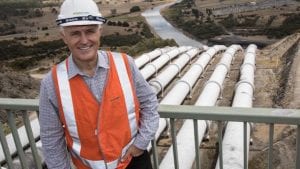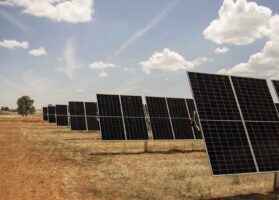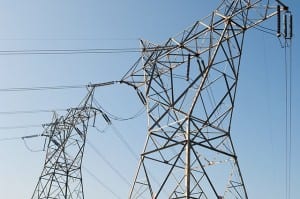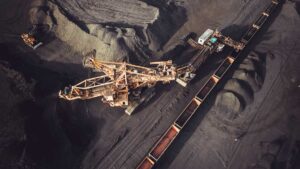Australian Carbon Credit Units have experienced their first sustained fall in value for more than a year, with prices slumping below $50 per tonne as uncertainty grips global energy markets.
Trading in ACCUs closed at $47 per tonne on Wednesday, representing a fall of almost 20 per cent from the all-time highs ACCU prices reached during January.
Carbon market analysts Reputex said there were signs that the Australian carbon credit market was beginning to respond to the recent surge in offset prices, which had more than tripled in value over the course of 2021, with analysts expecting the surge to continue well into 2022.
Demand for locally generated carbon credits has increased significantly from a growing number of corporate emitters seek out affordable means of offsetting their emissions, as they ramp up commitments to decarbonisation and set their own zero emissions targets.
Reputex said there had been a shift in market sentiment as the supply of ACCUs increased, as more offset projects came online, and speculation grows about whether the federal government may facilitate the release of previously contracted projects under the Emissions Reduction Fund (ERF) to participate in the voluntary market.
Given the surge in ACCU prices, there is likely to be some degree of profit-taking, with some traders likely to be banking gains as world energy markets head into a period of significant uncertainty.
“Where last year sentiment was that the market was short, reflected in the sustained bull run, we are now seeing increasing issuance to projects that are coming off their ERF contracts and those with optional delivery contracts, with that pool making up the largest portion of new weekly issuances,” Reputex said.
“At the same time, there are now widespread questions around how and when a step-change in compliance demand will develop, and increasing uncertainty around how and when the government may unlock the majority of ACCU issuance – contracted via fixed delivery contracts under the ERF.”
“The net result of has seen large corporate buyers and speculators unwind their positions since late January, after gradually accumulating their holdings over 2021, as they seek to lock in earlier gains,” Reputex added.
The drop in the price of Australian carbon units mirrors a collapse int the price of European emissions units, which have settled at around €68 per tonne (A$103) after surging above €95 per tonne (A$145) in late February. At one point during Wednesday trading, the European carbon units fell as low as €55.00 (A$84) a tonne before recovering slightly.
The significant uncertainty triggered by the Russian invasion of Ukraine, which has seen global energy prices spike and especially so in Europe, has contributed to the slide in European emissions units, which has seen 30 per cent wiped off their value in less than two weeks.

Many European energy buyers are likely to be significantly exposed to the surging prices for oil and gas, and there is speculation amongst market analysts that may traders have been forced to sell off holdings in carbon units to help cover the increased costs.
The fall in Australian carbon credit units has not been as pronounced as the falls seen in the European market, with Reputex attributing that fact to a local market where the supply for ACCUs remains tight and where there is less direct exposure to the surging energy prices in Europe.
“The lower ACCU prices go, the more likely we may again see supply offers tighten, with project developers expected to become increasingly reluctant to contract at lower levels as they look to maintain prices at a high enough level to support longer-term demand expectations,” Reputex said in a statement.
“Despite the current volatility, longer-term fundamentals remain positive attributed to Australia’s net-zero target, subject to short term questions on both the supply and demand side.”







